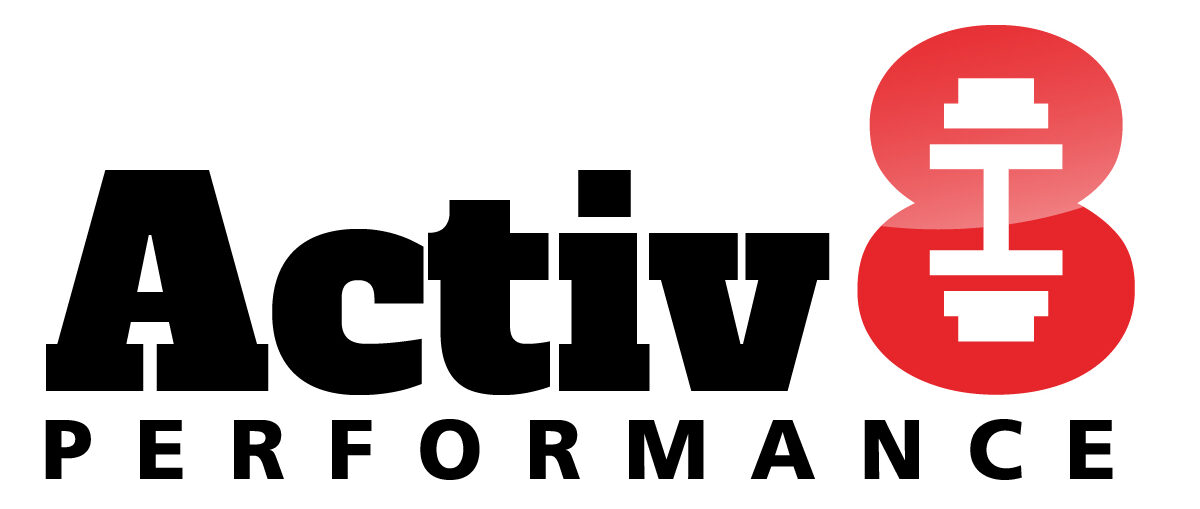In the dynamic world of sports, the well-being and preparedness of athletes are paramount. High performance and skill coaching staff continually seek reliable methods to monitor these aspects. Readiness and wellness questionnaires have emerged as indispensable tools in this quest. They provide valuable insights into an athlete’s physical and mental state, aiding in making informed decisions about training and competition.
The Essence of Readiness and Wellness Questionnaires
These questionnaires are structured tools designed to gauge an athlete’s readiness to train or compete and their overall wellness. They typically encompass questions related to:
- Physical Health: Assessing symptoms of injuries, fatigue levels, and muscle soreness.
- Mental Wellbeing: Evaluating stress, mood, sleep quality, and motivation.
- Recovery: Understanding an athlete’s recovery status from previous training or competitions.
Benefits for Sports Teams
- Injury Prevention: By regularly monitoring wellness levels, teams can identify early signs of overtraining or potential injuries.
- Performance Optimisation: Tailoring training programs based on athlete’s current state can maximise performance while minimising the risk of burnout.
- Enhanced Communication: These tools facilitate open dialogue between athletes and staff, promoting a holistic approach to athlete care.
- Data-Driven Decisions: Quantifiable data from these questionnaires assist in making objective decisions about training loads and recovery strategies.
Implementing in a Sports Team
- Consistency: Regular administration, ideally daily, ensures up-to-date information on each athlete’s condition.
- Customisation: Questionnaires should be tailored to the sport’s specific demands and the team’s unique context.
- Integration with Other Data: Combining questionnaire insights with physiological and performance data offers a comprehensive view of an athlete’s readiness.
- Education: Athletes should understand the purpose and importance of these questionnaires to ensure honest and accurate responses.
Challenges and Considerations
While beneficial, these questionnaires have limitations. Subjectivity in responses, potential underreporting of issues due to fear of losing playtime, and the need for consistent engagement are challenges that teams must navigate. Moreover, the interpretation of data requires expertise to avoid mismanagement of athletes.
Conclusion
Readiness and wellness questionnaires are vital in modern sports science. They bridge the gap between subjective feelings and objective data, providing a more complete picture of an athlete’s readiness and wellness. When implemented effectively, they can significantly contribute to the health, wellbeing, and performance of sports teams.
For teams striving to maintain peak performance while safeguarding their athletes’ health, these questionnaires are not just tools, but essential components of a comprehensive athlete management strategy.



